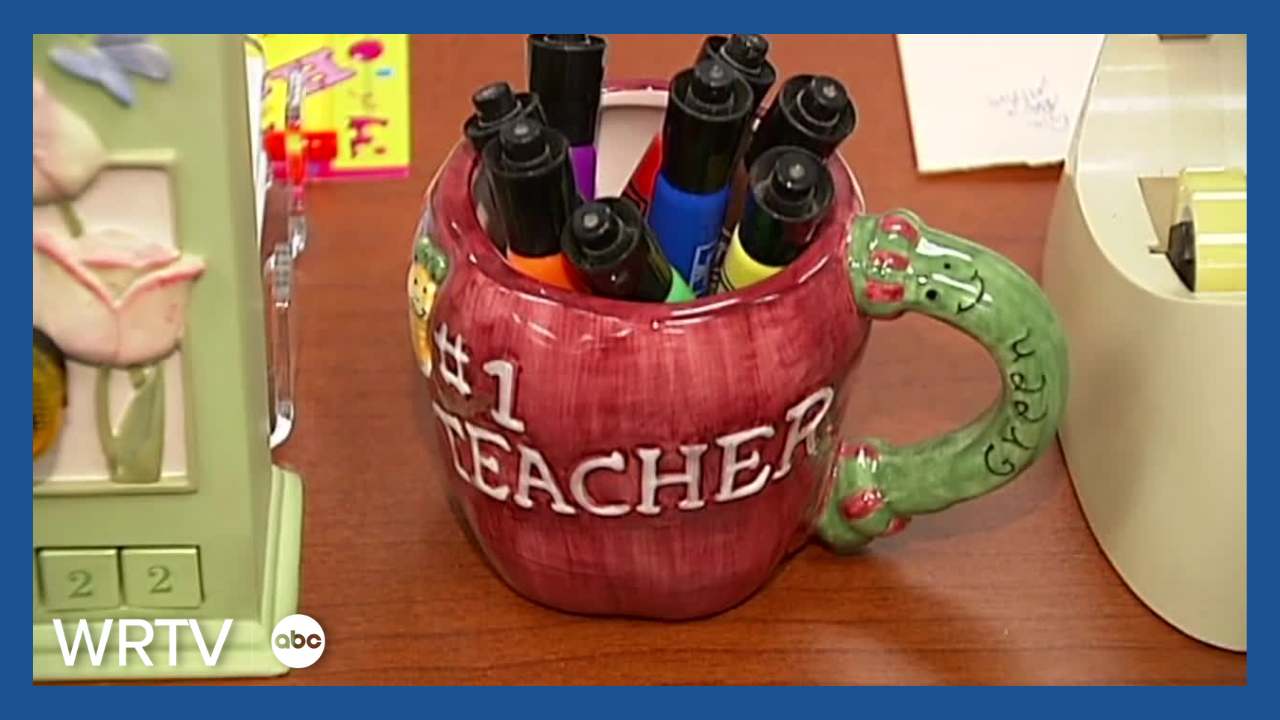INDIANAPOLIS — A call-to-action Tuesday night, focused on the future of education in Indiana. Local leaders and educators met with the community to discuss recent challenges impacting public education.
"The most fundamental investments are our children," said Senator Fady Quaddoura (D), District 30.
The open discussion raised issues within the education system.
"So clearly funding is number one, of course, per people dollars, but also teachers’ salaries, those have been kind of the big, focused work," said John O’Neal, Government Relations with Indiana State Teachers Association (ISTA).
Those on the panel believe Senate Bill 1 will take funding away from public school districts, while benefiting charter schools.
"If your teacher walks into the classroom and they have 40 students, how can they teach while at the same time you are funding a charter school so they could have 10 or 15 students in the classroom," Qaddoura said.
"We've had a lot of research. It’s not the culture of black folks. It’s not income levels. It’s not any of those things where repeated research has shown that it's just racism," said Dr. James Scheurich, Chancellor Professor at Indiana University. "White, middle class, upper middle class, wealthy kids, they're doing fine. They're going to college. They got the resources."
In addition to a lack of resources and funding, O’Neal said they are still dealing with the issue of teacher shortages.
"If we're going to decrease the teacher shortage in our state we need to improve working conditions for educators, and we need to create environments where people are attracted into teaching," said O’Neal, "The last numbers I saw maybe, you know, a few months ago where there were probably under 2000 vacancies around there."
Those who attended were able to ask questions to better understand legislative changes and the widening gaps in educational resources and student outcomes.
A woman who attended the panel discussion asked leaders, “What can we do?”
"I urge our community to continue engaging in a civil way to work with our elected officials on the local level to ensure that we direct the city's budget to the most important resources," Qaddoura said.
"Be active, be active with your school, your children's school. Go to school board meetings, speak up. No change happens without people organizing and speaking up," Scheurich said.





